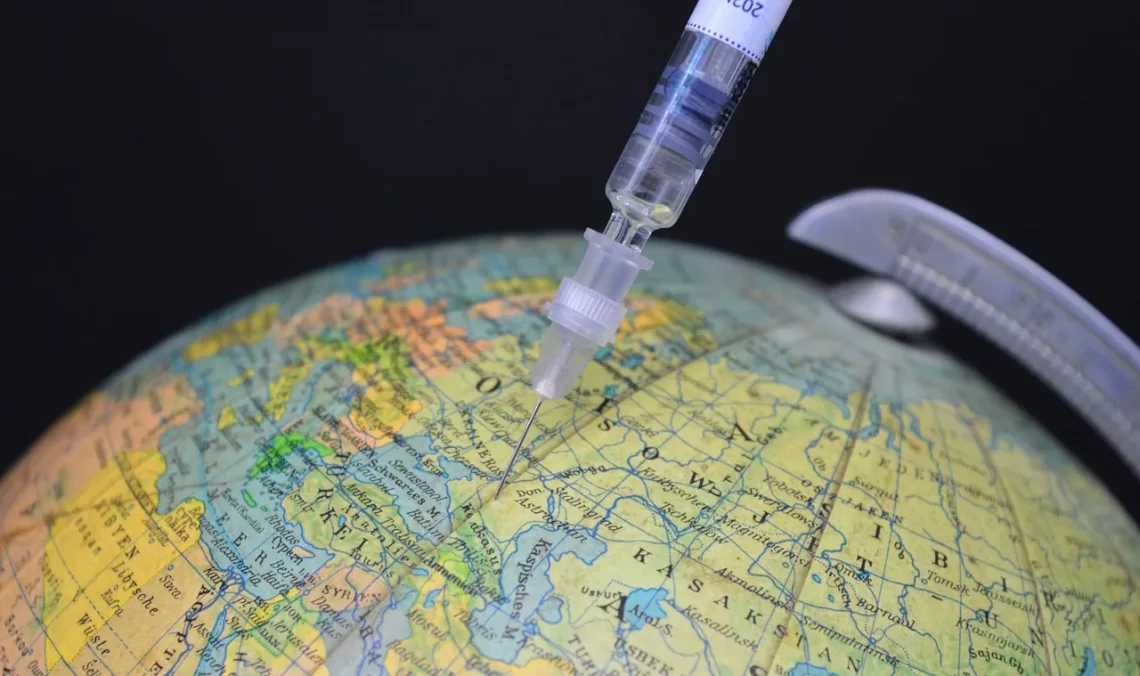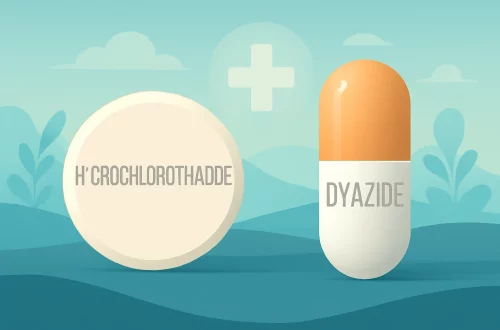
Understanding the Cost of Puppy Injections and Vaccinations
Welcoming a new puppy into your home is an exciting experience filled with joy and companionship. However, alongside the excitement comes a slew of responsibilities, particularly regarding the health and well-being of your furry friend. One of the most crucial aspects of puppy care is ensuring that vaccinations and injections are administered on schedule. These preventative measures play a vital role in safeguarding your puppy from various infectious diseases that can be life-threatening if not addressed early on.
Understanding the cost associated with these vaccinations and injections is essential for any prospective dog owner. The financial commitment can vary significantly based on several factors, including the type of vaccine, your location, and the veterinary clinic you choose. Moreover, it’s important to recognize that investing in your puppy’s health today can lead to a longer, healthier life, potentially saving you from more significant expenses in the future.
As you embark on this journey of puppy ownership, it’s imperative to gather knowledge about vaccinations and injections. Not only will this help you prepare for the costs involved, but it will also equip you with the understanding necessary to make informed decisions regarding your puppy’s health care. In this article, we will explore the various factors influencing the cost of puppy vaccinations, the types of vaccines available, and the importance of a comprehensive vaccination schedule.
The Importance of Vaccinations for Puppies
Vaccinations are a fundamental component of veterinary medicine, designed to protect puppies from a range of infectious diseases. These diseases can be severe or even fatal, especially in young and vulnerable animals. By vaccinating your puppy, you are not only protecting their health but also contributing to the overall well-being of the pet population.
Puppies are particularly susceptible to certain diseases due to their immature immune systems. Common diseases that vaccinations can prevent include parvovirus, distemper, hepatitis, and rabies. Each of these diseases can lead to serious health complications, including organ failure, neurological issues, and, in some cases, death.
The timing and frequency of vaccinations are critical. Puppies typically begin their vaccination series at around six to eight weeks of age, receiving a combination vaccine that protects against multiple diseases. This series of vaccinations generally continues until they are about four months old, after which they receive booster shots to maintain immunity.
It’s also important to note that some vaccines, such as rabies, are mandated by law in many regions. These vaccines not only protect your puppy but also serve to protect the community from potential outbreaks of zoonotic diseases. Vaccination helps achieve herd immunity, reducing the likelihood of disease transmission among pets, and ultimately contributing to public health.
In summary, vaccinations are an essential investment in your puppy’s health. They help prevent severe illnesses, ensure compliance with local laws, and promote a healthier environment for all pets. Understanding the significance of vaccinations can motivate responsible pet ownership and foster a culture of health and safety.
Factors Influencing the Cost of Vaccinations
When considering the cost of puppy vaccinations, several factors come into play. Understanding these factors can help you budget effectively and make informed choices regarding your puppy’s healthcare.
Firstly, the type of vaccine influences cost significantly. Core vaccines, which are essential for all puppies, typically include the combination vaccine (DAPP) that protects against distemper, adenovirus, parvovirus, and parainfluenza. The rabies vaccine is also considered a core vaccine. These vaccines are generally more affordable than non-core vaccines, which may include those for diseases that are less common or region-specific, such as Bordetella for kennel cough or Lyme disease.
Secondly, the veterinary clinic’s location can affect vaccination costs. Urban areas may have higher veterinary fees due to the cost of living and operational expenses compared to rural areas. Additionally, some veterinary clinics offer vaccination packages or wellness plans that can reduce the overall cost, making it beneficial to shop around and compare prices.
Another factor to consider is the age of your puppy at the time of vaccination. Puppies who are younger may require a series of vaccinations over several weeks or months, increasing the total cost. However, investing in these initial vaccinations is crucial for building a strong immune system and ensuring long-term health.
Vaccination costs can also vary depending on whether you choose a private veterinary clinic or a low-cost vaccination clinic. While private clinics may offer more comprehensive services, low-cost clinics can provide vaccinations at a fraction of the price. Researching local options and understanding what each clinic offers can help you make the best choice for your puppy.
In conclusion, several factors influence the cost of puppy vaccinations, including the type of vaccine, the clinic’s location, and the age of your puppy. By understanding these variables, you can better prepare for the financial commitment of puppy ownership.
Understanding the Vaccination Schedule
Creating a vaccination schedule for your puppy is an essential part of their healthcare plan. This schedule outlines when each vaccine should be administered and helps ensure that your puppy receives all necessary vaccinations on time. Understanding the vaccination schedule can also alleviate any concerns you may have regarding your puppy’s health.
Typically, the first set of vaccinations begins when puppies are between six and eight weeks old. During this initial visit, they will receive the combination vaccine that protects against several critical diseases. After this, your puppy will need to return to the veterinarian every three to four weeks until they are about 16 weeks old.
The vaccination schedule generally consists of the following:
– **6 to 8 Weeks**: First combination vaccine (DAPP).
– **10 to 12 Weeks**: Second combination vaccine and possibly the Bordetella vaccine.
– **14 to 16 Weeks**: Third combination vaccine and rabies vaccine.
– **Annual Boosters**: After the initial series, puppies will need annual booster shots to maintain immunity.
It’s crucial to adhere to this schedule to ensure that your puppy is protected against infectious diseases during their vulnerable early months. Delaying vaccinations can leave your puppy susceptible to disease, increasing the risk of outbreaks in your local area.
Additionally, your veterinarian may recommend certain non-core vaccines based on your puppy’s lifestyle and environment. For example, if you frequently take your dog to dog parks or boarding facilities, the Bordetella vaccine may be advisable.
In summary, understanding the vaccination schedule is vital for ensuring your puppy’s health and safety. Regular veterinary visits and adherence to the schedule can help protect your puppy from serious diseases and contribute to a long and healthy life.
Long-term Health Benefits of Vaccinations
Investing in vaccinations for your puppy is not just a short-term expense; it’s a long-term commitment to their health and well-being. The benefits of vaccinations extend far beyond the immediate protection against infectious diseases.
Firstly, vaccinated dogs tend to have lower veterinary costs in the long run. Treating diseases that could have been prevented with vaccinations can be financially burdensome. For instance, the treatment for parvovirus can cost thousands of dollars and may not always be successful. By vaccinating your puppy, you not only save money on potential treatments but also spare your pet from unnecessary suffering.
Secondly, vaccinations contribute to the overall health and longevity of your puppy. Dogs that are vaccinated regularly are less likely to develop serious health issues later in life. They can enjoy a more active and fulfilling life, which is beneficial not only for them but also for their owners who cherish their companionship.
Moreover, vaccinating your puppy plays a crucial role in community health. Vaccinated pets help reduce the spread of contagious diseases, creating a safer environment for other pets and their owners. This is particularly important in areas with high pet populations, where the risk of outbreaks is higher.
Finally, maintaining a vaccination schedule can provide peace of mind to pet owners. Knowing that your puppy is protected against various diseases allows you to enjoy your time together without constant worry about their health.
In conclusion, the long-term health benefits of vaccinations for puppies are significant. They can lead to lower veterinary costs, a healthier and longer life for your pet, and a safer community for all animals. Understanding these benefits reinforces the importance of vaccination as a critical aspect of responsible pet ownership.
—
This article is intended for informational purposes only and should not be considered medical advice. For any health-related issues concerning your puppy, please consult a qualified veterinarian.




